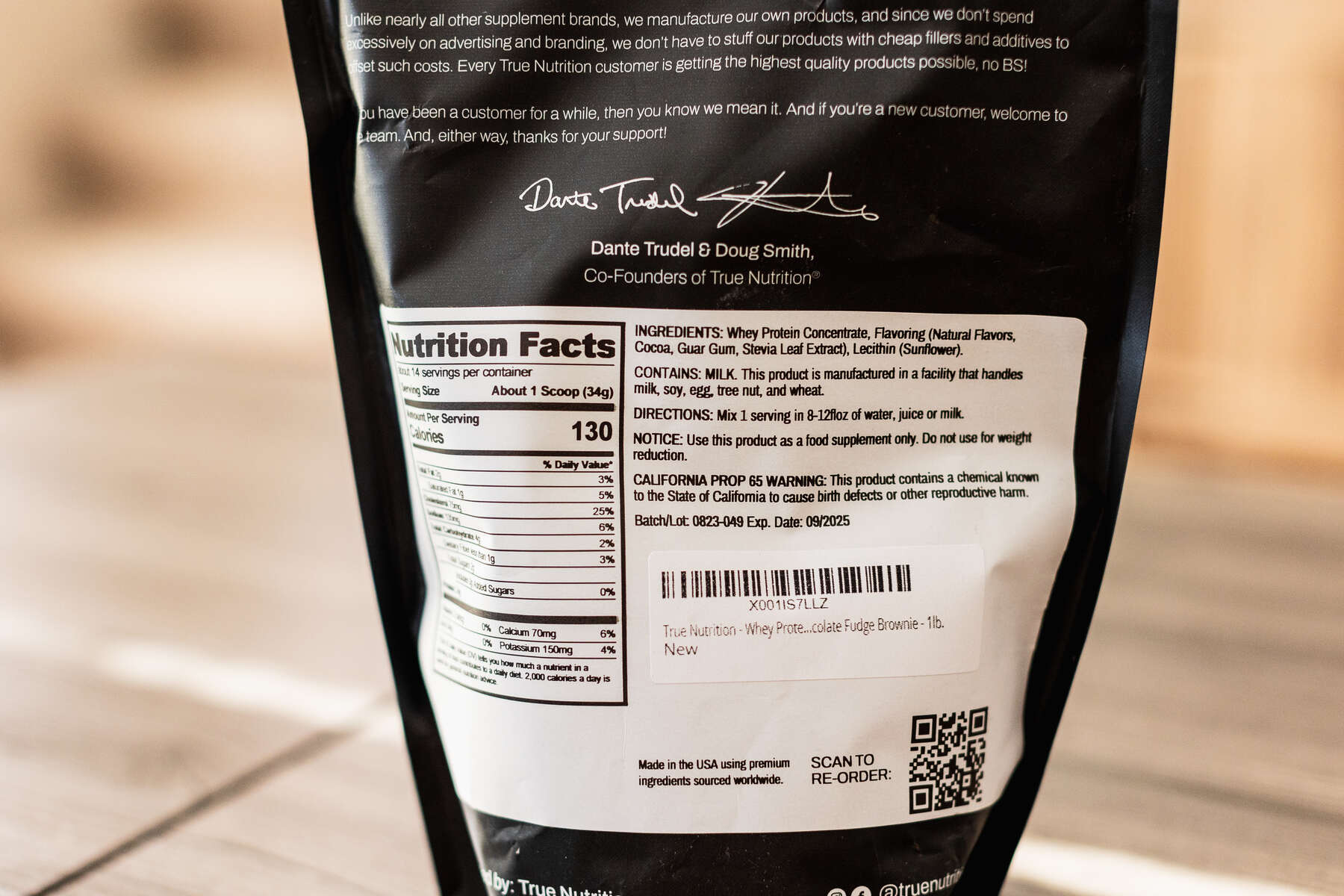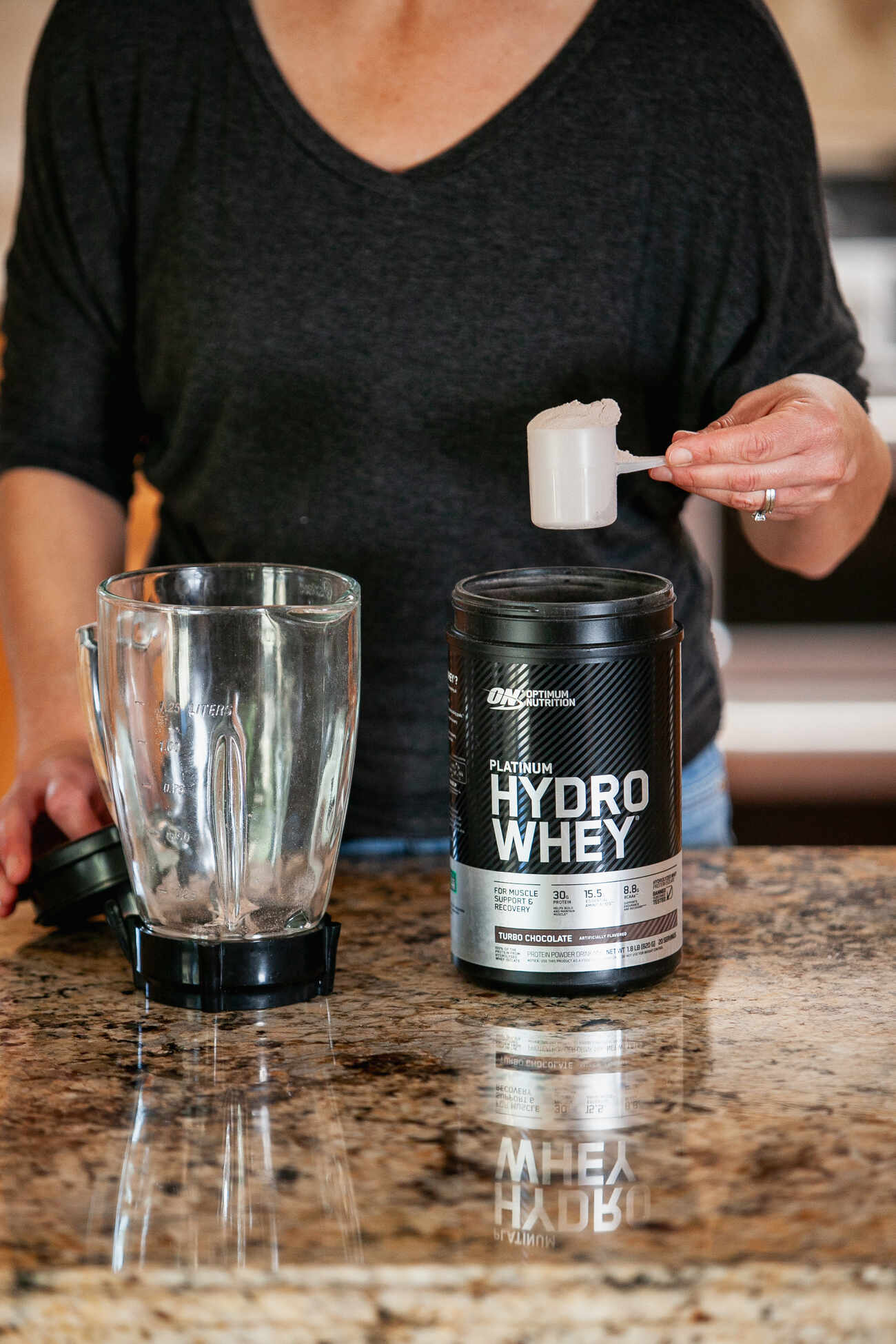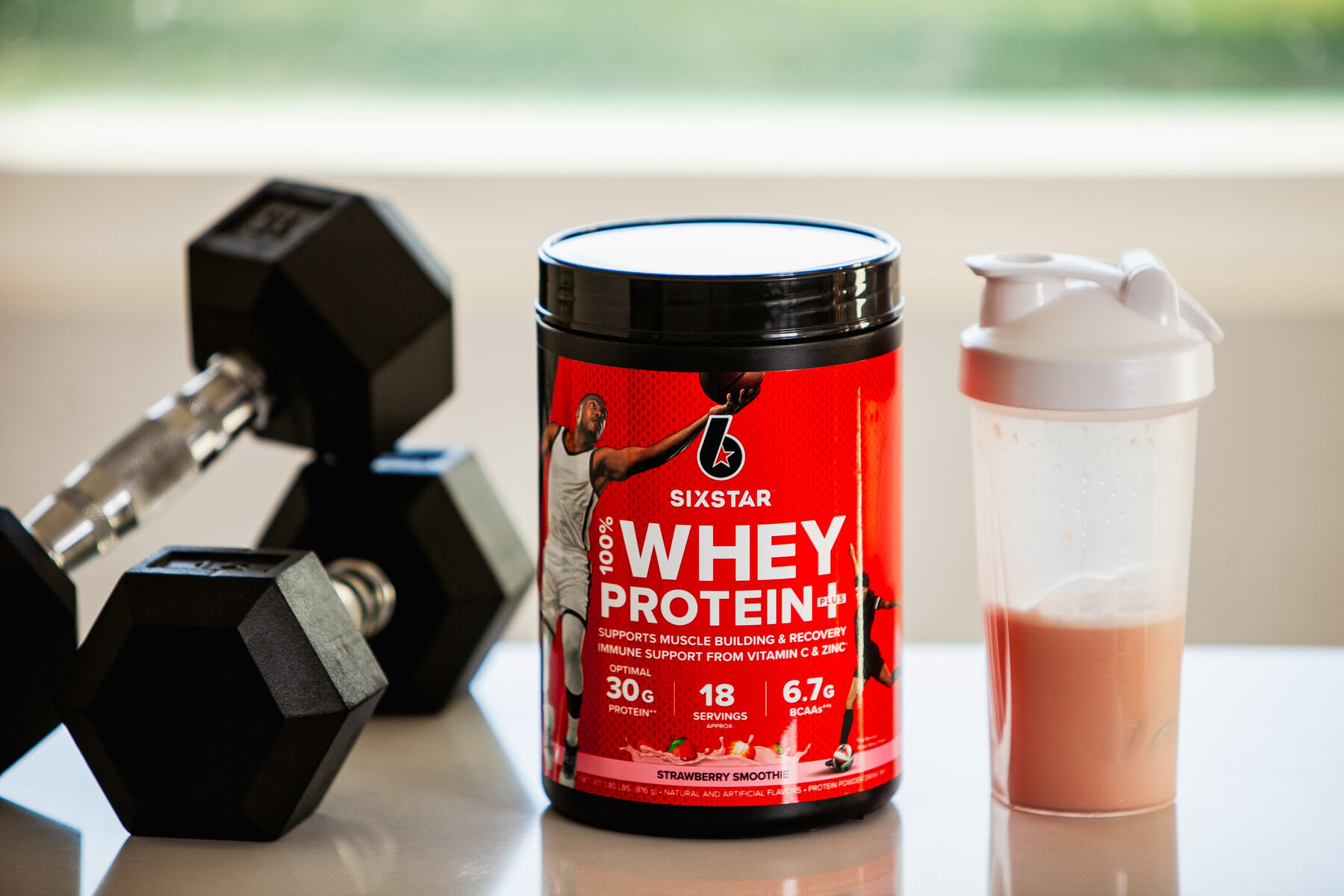Although whey protein is a popular dietary supplement often used by individuals who engage in physical exercises such as strength training and bodybuilding, several people still need to be aware of what the substance does in the body. So, what does whey protein do?
What Does Whey Protein Do?
Whey protein helps to boost protein synthesis in the muscle as well as stimulate the growth of lean muscle mass. It can also play a role in lowering cholesterol and weight loss. Derived from milk during the cheese-making process, this protein is a rich source of essential amino acids – the building blocks of proteins.
Typically, this substance is a mixture of proteins and bioactive compounds in the liquid part of milk called whey, and it does a lot of good in the body. However, this supplement can also have specific effects on the immune system. This article will dive deep into what this whey supplement does.

Functions of Whey Protein
Whey protein offers several functions, mainly if you engage in exercise, strength training, or have increased protein requirements. Here are some of these benefits:
Muscle Growth and Repair
This protein supplement is known for its high biological value and contains all the essential amino acids necessary for muscle growth and repair. It provides a readily available source of protein that can be quickly absorbed and utilized by the body, making it beneficial for promoting muscle growth and recovery.
9 essential amino acids found in whey protein:
- Isoleucine
- Leucine
- Histidine
- Lysine
- Methionine
- Phenylalanine
- Threonine
- Tryptophan
- Valine
Research has shown that consuming whey after exercise stimulates muscle protein synthesis, which results in new muscle tissue growth. This aids in the development of lean muscle mass and strength gains.
Weight Management
According to research, foods high in protein tend to be more satiating than those high in carbohydrates or fats. Therefore, including whey in your diet can increase the feeling of fullness and potentially reduce overall calorie intake.
This can lead to the following benefits:
- Significant body fat loss
- Better preservation of lean muscle mass, even in a caloric deficit
- Weight management

Enhances Physical Performance
Whey is associated with muscle repair, recovery, and improved physical performance. This is due to its ability to help replenish glycogen, the body’s primary fuel source during physical activities. This supplement also reduces muscle damage that may occur due to intense exercise.
Nutritional Support
Whey can serve as a valuable source of nutritional support as it is an effective and convenient way to supplement your diet with high-quality protein essential for various bodily functions. It provides a concentrated source of protein without excess calories, carbohydrates, or fats, making it suitable for individuals with a high demand for protein and those unable to consume their daily protein needs from whole food sources alone.
Side Effects of Whey Protein
While whey is generally considered safe and not bad for most people when consumed in moderate amounts, there can be potential side effects associated with its consumption.
Increased Bowel Movements and Digestive Issues
Whey can have a laxative effect on some individuals, leading to more frequent bowel movements. This is generally not a cause for concern, except if it becomes excessive or causes discomfort. Individuals who are lactose intolerant may also experience digestive problems because the supplement is derived from milk.
Allergic Reactions
Allergic reactions may occur among individuals with milk allergies who consume this supplement. Symptoms may include:
- Hives
- Itching
- Swelling
- Breathing difficulty
- Anaphylaxis in severe cases
Therefore, avoiding whey or opting for alternative protein sources is advisable if you have a known milk allergy.
Acne
People have reported that consistently high doses of this protein supplement can worsen acne or cause new breakouts. This may be due to the hormonal effects of whey or the presence of specific components in dairy products that can influence acne development.

Types of Whey Protein
There are three main types of whey, and the ideal choice usually depends on your preferences, dietary needs, and budget.
Whey Protein Concentrate (WPC)
Whey concentrate contains 70% to 80% of protein. It undergoes minimal processing, resulting in a protein powder that contains varying levels of protein, natural flavors, and nutritional elements found in milk, such as lactose and fat. WPC is also the most common and affordable form of this supplement.
Whey Protein Isolate (WPI)
Whey protein isolate is a more refined form of whey composed of 90% protein or more. It undergoes additional processing to remove most fat, lactose, and non-protein components. Therefore, it lacks many beneficial nutrients in whey concentrate.
WPI is generally suitable for individuals who are lactose intolerant or have difficulty digesting lactose. It is also famous for those looking for a protein source with less carbohydrates and fat.
Whey Protein Hydrolysate (WPH)
Whey hydrolysate, or hydrolyzed whey, further breaks down whey into smaller peptide chains. This pre-digestion process allows for faster absorption and digestion than WPC or WPI.
WPH is this protein supplement’s most easily digestible form, commonly used in specialized sports nutrition products. However, it is more expensive than WPC or WPI.
Related Questions
How Is Whey Protein Used?
Whey is commonly consumed as a powdered supplement. It can be mixed with water, milk, or other liquids and consumed as a shake or added to smoothies, oatmeal, or baked goods. The specific dosage and instructions will depend on the product, so following the manufacturer’s recommendations is essential.
In general, most actively training individuals should consume .8-1g of protein per pound of lean body mass.
When Is It Best to Take Whey Protein?
The timing of whey protein consumption can vary depending on your fitness goals and overall diet. Although it is commonly consumed post-workout to support muscle recovery and growth, the supplement can also be consumed at other times, such as in the morning, between meals, or before bed, to supplement your protein intake.
Most individuals are better served focusing on ensuring adequate daily protein intake than on timing their intake.
Is Whey Suitable for Vegetarians?
Traditional whey is derived from milk, making it unsuitable for vegetarians or vegans. However, plant-based protein options, such as pea protein, soy protein, or hemp protein, are suitable for those following a vegetarian or vegan diet.
Conclusion
It’s important to note that while they can offer benefits, consulting with a healthcare professional or a registered dietitian is always advisable before starting any new dietary supplement. This ensures that it aligns with your health goals and needs.